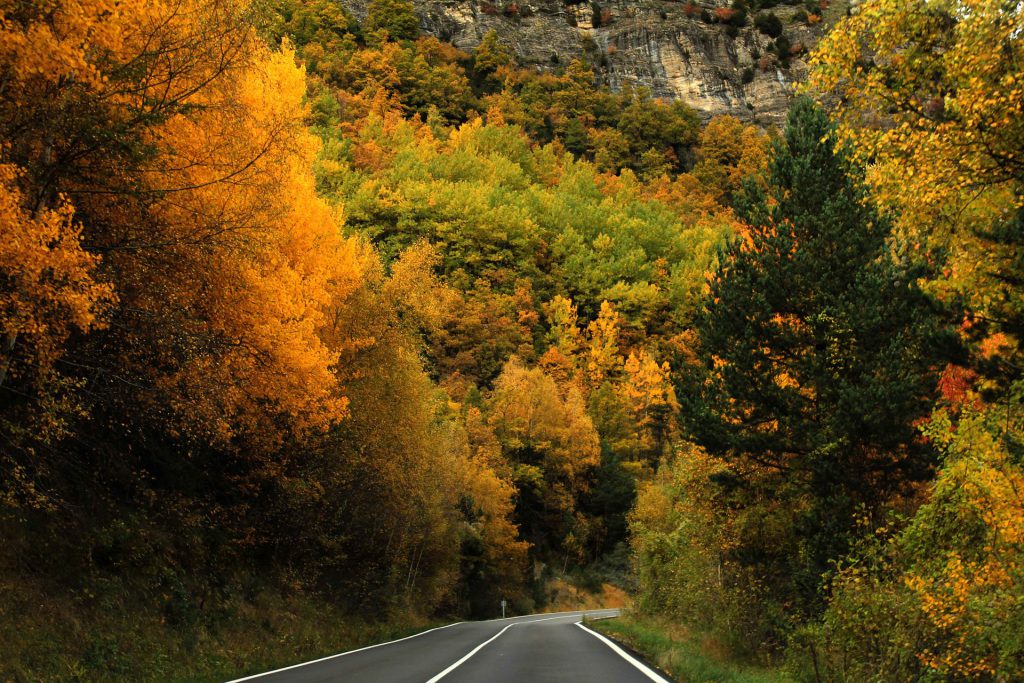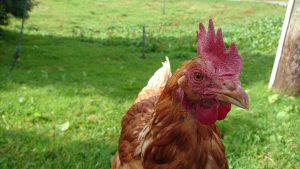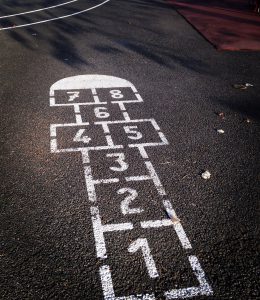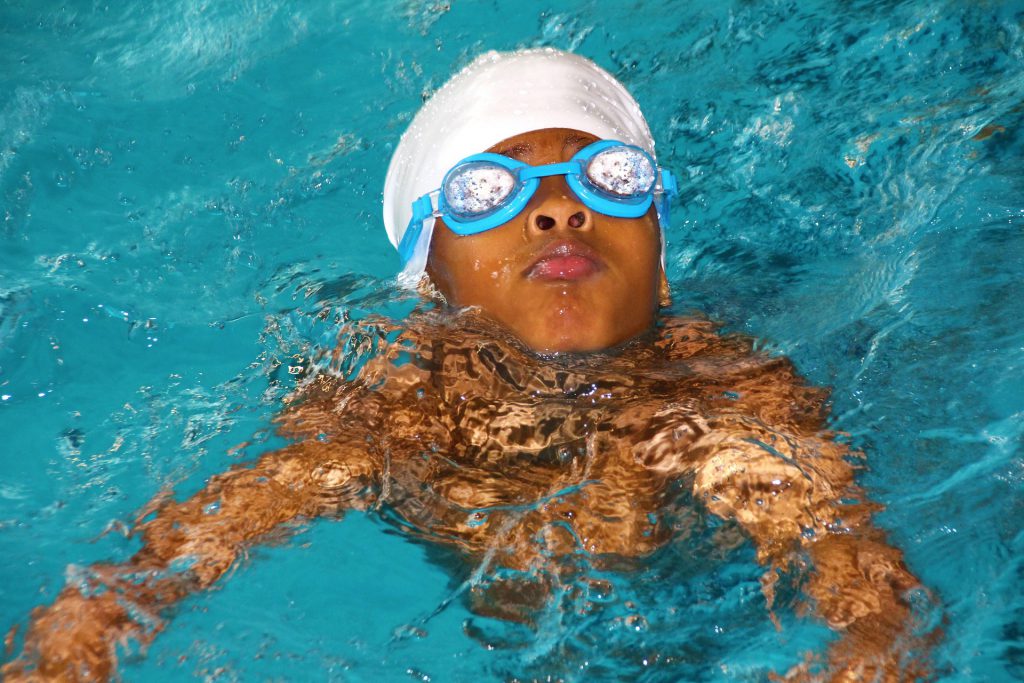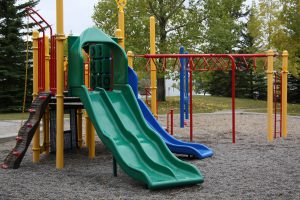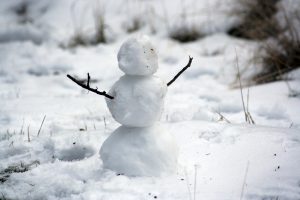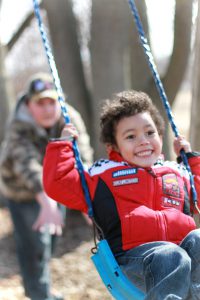Regular exercise is essential to children’s physical development, but it’s also important to be mindful of their cognitive development. There are different developmental milestones children reach at different ages. These milestones are categorized into different types of development: Social/emotional Language/communication Cognitive (learning, thinking, problem-solving) Movement/physical Games can be a great way to help your child … Read More
Tag: toddler
Make Up a Story and Act it Out
Imagination is an important part of childhood development. As children imagine new possibilities, they learn to think outside the box and solve problems in unique ways. This kind of thinking is critical to their cognitive development. While some adults struggle with creative thinking, children usually don’t! Children often have wild and active imaginations, so why … Read More
Protein Power Moves
Physical activity doesn’t always have to be an organized sport. While organized sports are fun for the whole family to play, sometimes the weather may be unfavorable or you may not have enough people for a game. When you don’t have time or convenient access to the equipment needed to play a structured activity, try activities … Read More
Hopscotch
Hopscotch is a children’s game that has lasted through the generations–and for good reason! No equipment is required and children enjoy making their own hopscotch spaces using sidewalk chalk. It’s also a great game for preschoolers to practice their motor skills by learning to control their movement while hopping on one foot. To play hopscotch, … Read More
Plan a Family Outing
What’s the last activity you and your family did outside of the home? It’s easy to suffer from “cabin fever” after being at home for awhile. When you and your family are feeling restless and need time out of your home, plan an active family outing! Plan family events that involve physical activities (e.g. hiking, … Read More
Physical Activity Through Childhood
Children at different ages may be at different developmental stages, but no matter your child’s age there are appropriate physical activities. For example, while infants can’t run and play the same way school-aged children can, they can still benefit from “tummy time” and playing with toys that engage their growing muscles and bones. Structured physical … Read More
Snow Day Safety
Snow days are the eagerly anticipated breaks from school children get in the winter to sled, build snowmen, and drink hot chocolate. Despite the chilly weather, children can work up a sweat as they play in the snow, making it a great opportunity for fun physical activity. While many children love snow days, it’s important … Read More
Where Can You and Your Family be Active?
With the New Year upon us, it’s a great time to start thinking about making physical activity a regular part of your family’s life. It can get boring exercising at the same places day after day. Children especially need variety in their play to hold their interest. If you dig deep enough, you may be … Read More

